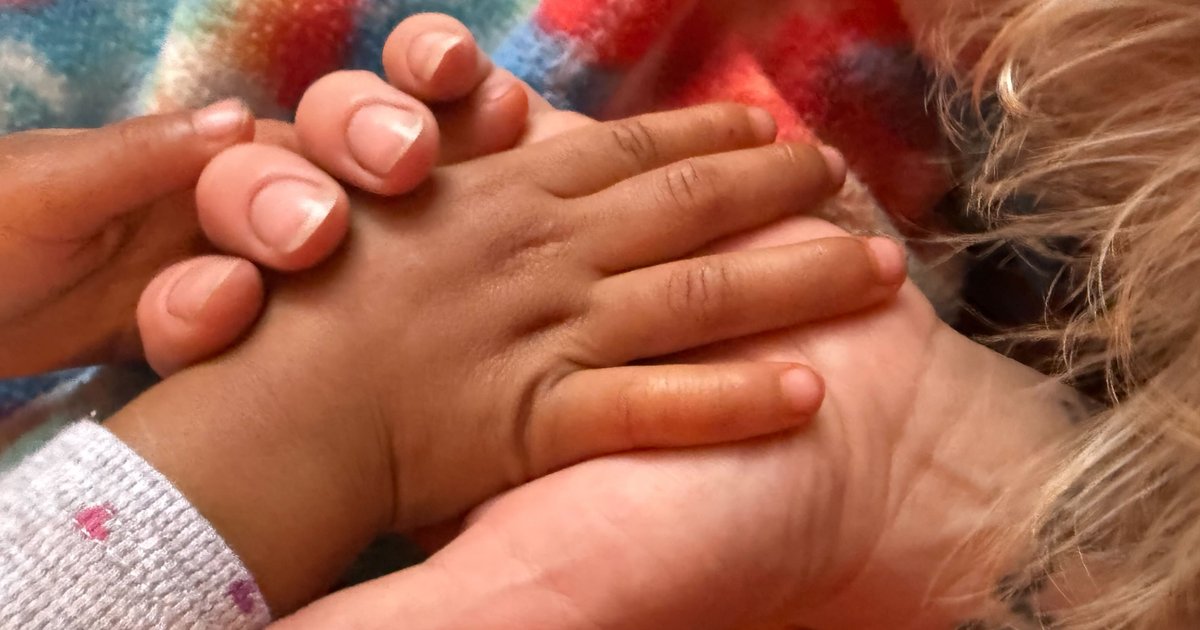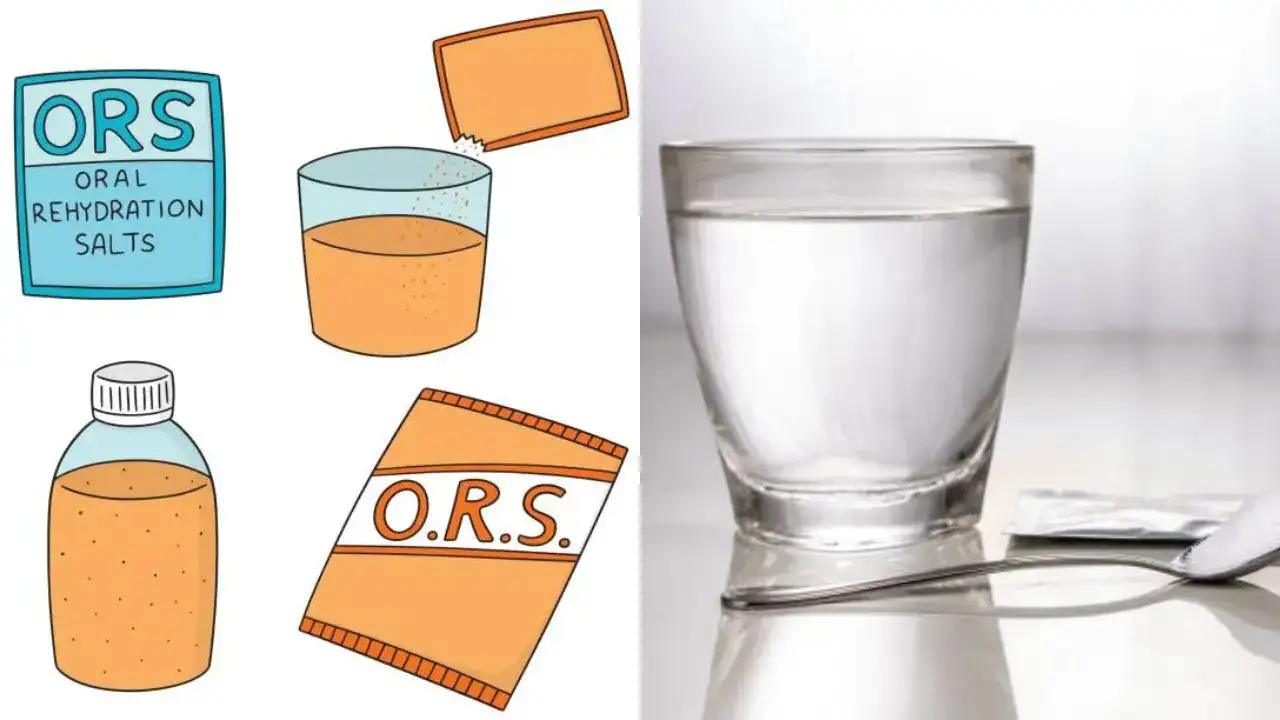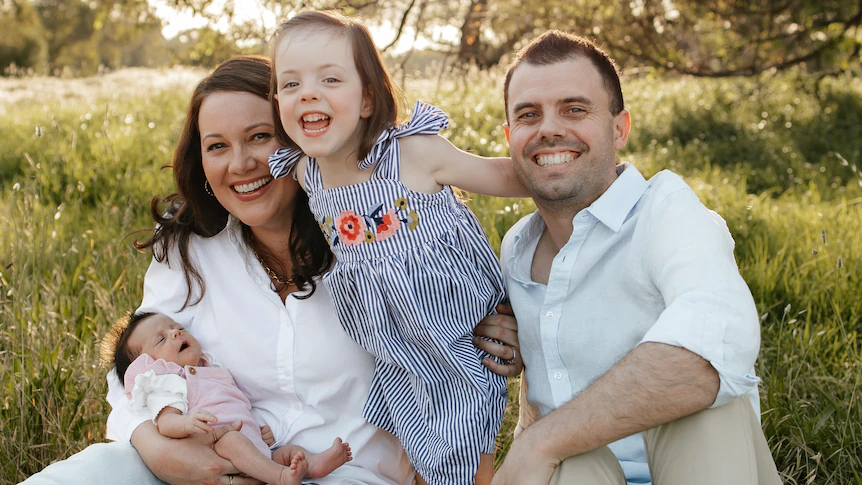Copyright phillyvoice

Luna Evans didn't have much adult supervision or support growing up. When an uncle raped her, Evans said, she "wasn't allowed to talk to nobody about it, so I kind of had to deal with it myself." She started using drugs to cope and left home at 16. Evans, who is now 32 and using a pseudonym to protect her privacy, had her first child at 18 and her second at 21. They both live with relatives. Then in 2022, when Evans sought treatment for abscesses at a Philadelphia hospital, she learned that she was pregnant again and already 5 1/2 months along. She tried to terminate the pregnancy, but it was too late in Pennsylvania, where the gestational limit for abortion is 24 weeks. New Jersey has no gestational limit, but a provider there refused her, Evans said. At 29, she was pregnant and homeless in Philadelphia and using drugs until she delivered her baby at about seven months in a hospital. "I put myself in that predicament, and I knew I did," Evans said. "When I was in the hospital, I was sitting there thinking about all the times I let my other children down, and that went through my head my whole pregnancy with her: 'This isn't fair to them, and now I'm going to potentially let this one down.' "It kind of clicked, like, 'I can't do this no more, and I gotta do the right thing.'" Evans's story is not unique. Homelessness is at record highs across the country and has been rising in Philadelphia. Pregnancy and homelessness is also increasing nationwide. A 2023 study found that the number of pregnant women who were unhoused jumped 72% between 2016 and 2020. Out of more than 18 million hospital deliveries during that period, nearly 19,000 involved people without a home. That data only accounts for unhoused women giving birth in hospital settings. An untold number gave birth on the street. It's hard to get accurate statistics for how many pregnant women are experiencing homelessness in Philadelphia. The city's health department does not track the number of people giving birth outside of health care settings or controlled environments – essentially on the street, though the number is low, a city spokesperson said in an email. A 2003 study that used data from birth records and public shelter use found that, out of nearly 44,500 women, 11.4% had a "documented homeless episode" in the three years before giving birth or the four years following a birth. Black women of childbearing age were far more likely than white, Hispanic or Asian women to experience homelessness, the study found. Evans' road to recovery and reunification Evans was at risk for giving birth on the street, but she was able to seek treatment at Project HOME's Stephen Klein Wellness Center, which provides low-barrier, wrap-around medical care to low-income patients and people experiencing homelessness. Case workers also helped Evans and her partner finally get into a couples' shelter about two weeks before she delivered. But Evans said she was discriminated against at the hospital. "Because I was a drug addict, I wasn't allowed visitors," Evans said. "Because I was a drug addict, I wasn't even allowed to see my child." She checked herself out of the hospital against medical advice, because she "felt worthless," Evans said. "I stayed outside for the first three days after giving birth, and I can't even really tell you what my mindset was," Evans said. "I just know I was very upset. I was very depressed." Ultimately, Evans wound up back in the hospital where she spent three months after spinal surgery. Philadelphia's Department of Human Services took her baby daughter into care. But Evans decided she wanted a new life for her and her daughter. With the help of people at Stephen Klein Wellness Center, Evans went on medication for opioid use disorder, received counseling, found housing and has gone back to school. She is more than three years into recovery. After a long legal battle, with the help of advocates, Evans also regained custody of her daughter in August. "It was hard, the whole journey, the hospital and then getting (my daughter) out of DHS," Evans said. "That was extremely hard, and that's one of the things I talk about when we have to write in school … because I'm the most proud about it." Why do homeless women become pregnant? There are various factors The reasons women like Evans find themselves pregnant while homeless and using drugs are complex, local health care providers said. "People don't just go out and say, 'I think I'm going to go start using fentanyl and xylazine,'" said Maire St. Ledger, a nurse practitioner at the Stephen Klein Wellness Center. "There are reasons why people are using substances, and often it's just from trauma in the past. They're trying to numb themselves." Women who are unsheltered may lack affordable health insurance, be unable to get transportation to and from appointments and may have inconsistent or no access to birth control. Research shows unhoused women are at higher risk for sexual abuse than housed women. Some women engage in survival sex work, an exchange of sex for money, food, housing and other basic necessities. "Sometimes you have folks who really just take advantage of the marginalized and prey on vulnerable women who may be active in their addiction or who they know don't have money or a safe place to stay," said Nicole Ellis-Wilson, a project manager at the University of Pennsylvania's Perinatal Resources for Opioid Use Disorder (PROUD) clinic. "Sometimes our moms find themselves compromising themselves for those things, for basic necessities, and they wind up involved in sex work, which sometimes results in pregnancy." Unsheltered pregnant women also face heightened health risks. Pregnant people who are homeless are much less likely to have prenatal care and much more likely to have pregnancy-related complications including high blood pressure, anemia and placental problems, according to a 2021 report from the National Partnership for Women and Families, a nonprofit advocacy group. People who are unhoused during pregnancy also are twice as likely to give birth to infants with low birth weight compared to women with stable housing. Their babies are at higher risk for needing intensive care and for having infections, developmental delays and asthma, among other complications, research shows. The postpartum period can be especially dangerous for women without stable housing. They are susceptible to increased risk for infection and other health complications, and at higher risk for overdose among those who use drugs, local health providers said. "I think the biggest missing piece when folks are not plugged into care is that postpartum depression, postpartum anxiety — that has a huge impact on people's well-being," said Dr. Nia Bhadra-Heintz, who practices at Penn's PROUD Clinic. How social service providers seek to help women like Evans With so much at stake, providers at neighborhood clinics, outreach teams and health systems have been working more closely together to get care to pregnant women experiencing homelessness. "We've spent the last four years really building relationships with our hospital systems, the social workers who are there, the addiction medicine people who are there, so that when we do a warm handoff to one of these facilities, I can say, 'I know this person. I know this doctor. I know this social worker in a hospital, and I trust that they will take good care of you,'" St. Ledger said. She and other providers also "rely heavily" on outreach teams, "because they're the ones out there every day," St. Ledger said. "People will come up to (outreach workers) and say, 'I think I might be pregnant,' or they might see someone and say, 'I think that person might be pregnant' and approach them and say, 'Would you like to see one of our nurse practitioners?'" St. Ledger said. When a woman who is pregnant and homeless is approaching her due date, "and we're really worried about them delivering in the street, we put out an (all-points bulletin) to all of our contacts in all of the emergency departments," St. Ledger said. Women may be reluctant to enter formal health care settings because of the stigma they have faced in the past, said Dr. Nayeli Spahr, who practices prenatal and pediatric care and family medicine at Stephen Klein Wellness Center. Patients have told her that "they felt that the focus was on the fetus growing inside them and not on them as a person," Spahr said. The Stephen Klein Wellness Center held a walk-in afternoon for pregnant women for several years – and still tries to accommodate walk-in patients. Providers would offer women "what they were ready to receive," Spahr said. "A lot of times it was maybe just doing an ultrasound, so they could see what was growing inside of them. Or if they wanted labs, we got labs." Being trauma-informed and non-judgmental is key, Spahr said. "I don't care how they got to where they are, but they're in the place that they are, and we're here to provide a service, to help them reach their health goals," Spahr said.



